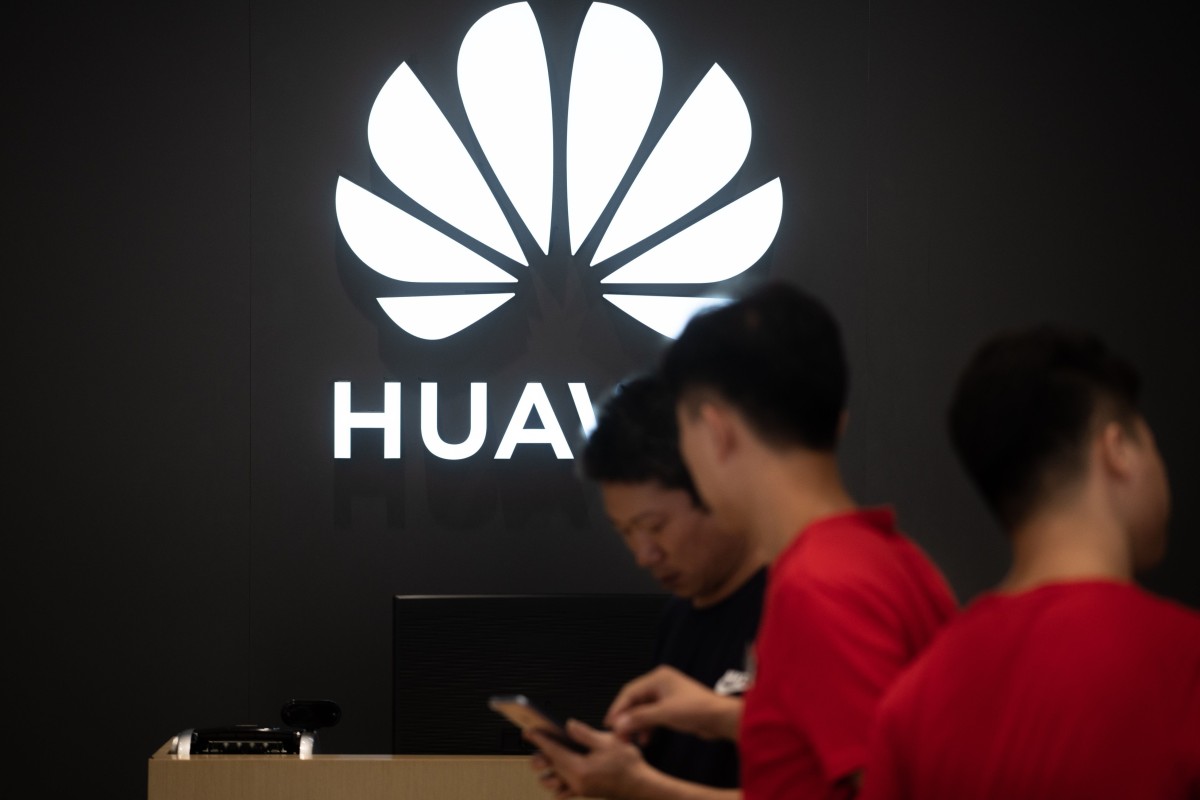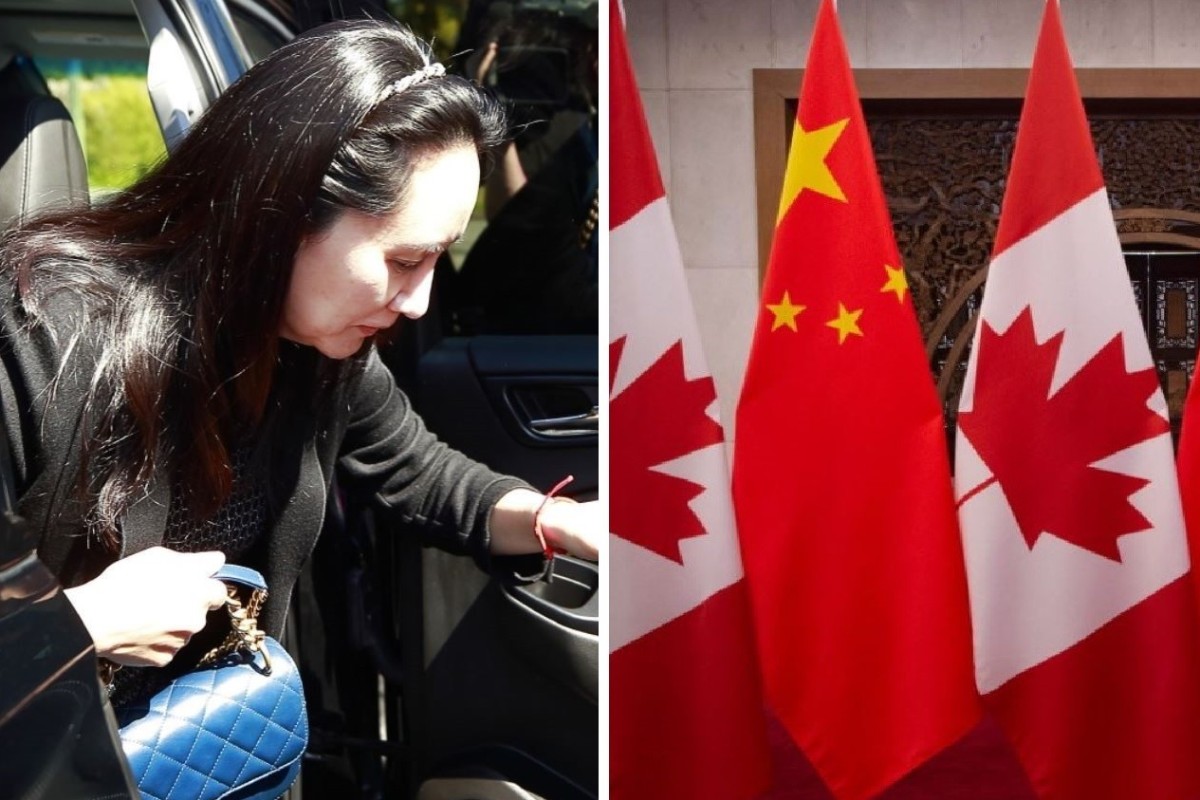Cyber-Espionage, China's Humint
"[Foreign intelligence services], especially those in China and Russia [are engaged in the] monitoring and/or coersion [of students, faculty and university officials in an effort to further their political influence]."
"Threat actors from some of these governments also seek to monitor and influence their citizens abroad, in an attempt to both root out dissidents and use their nationals as tools of influence and intelligence collection. While some foreign nationals in Canada assist their governments willingly, many do so grudgingly out of fear of state retribution upon them or their families."
"CSIS assesses that China represents the most significant and clear challenge for [human-enabled espionage] targeted against Canada's universities."
"NTCs [non-traditional collectors] have little-to-no formal intelligence tradecraft training but are often in a position to acquire vast quantities of data or knowledge."
"[When it comes to foreign influence, Chinese threat actors are] particularly interested in universities and students, especially when they intersect with the so-called 'five poisons', i.e., the Falun Gong, Taiwan, Tibet, the Uyghur community of Xinjiang and pro-democracy movements or individuals."
"[Chinese government officials are]not above holding funding, student applications, and future engagement hostage in order to coerce foreign academic institutions into cooperating with state authorities."
CSIS director David Vigneault (Canadian Security Intelligence Service)
"Canadian industry and academic institutions are world leaders in various economic, technological and research sectors that are of interest to multiple foreign states."
"These states seek to acquire Canadian technology and expertise by utilizing a range of traditional and non-traditional intelligence collection tradecraft."
John Townsend, CSIS spokesman
"If some Canadian individuals try to accuse China of [conducting] espionage activities or cyber attacks against Canada, they should produce tangible evidence, rather than making malicious attacks out of nothing."
"5G technology should not be exclusively owned by one or several countries, it should be a product of exchanges and co-operation among countries."
"Any country with independent judgement will not miss the express train of the 5G era at the cost of its own interests."
Chinese embassy press office, Ottawa
 |
| Employees work at a Huawei store in Dongguan, Guangdong province on August 9, 2019. Photo: AFP |
CSIS director David Vigneault uttered those intelligence facts in 2018, before Canadian business leaders months before Canadian-Chinese diplomatic, political and trade ties became fraught with accusations, slander, threats and action on the part of Beijing resulting from Canadian authorities taking Huawei's chief financial officer into custody on a warrant for extradition from Canada's southern neighbour to honour an extradition treaty between Canada and the United States.
The diplomatic response from China was immediate, fierce and undiplomatic, with accusations of racism, of unbridled hubris, of criminal irregularity, of offending international law, giving Canada an ultimatum; release Meng Wanzhou or face the inevitable consequences. And the consequences were not long in coming, after Ottawa explained to Beijing that Canadian law was being followed. Ms. Meng was given bail, and allowed to live in her two Vancouver mansions until extradition was decided.
 |
| The arrest of Huawei executive Meng Wanzhou, pictured arriving at a court hearing in Vancouver in May, has roiled China-Canada relations. Photos: AFP and EPA |
In response, China arrested two Canadians who happened to be working in China, accusing them of espionage, presenting as a danger to China. They were placed in solitary confinement, refused consular assistance, refused lawyers, submitted to subtle torture and endless rounds of interrogation. Another two Canadians were placed on death row on charges of drug trafficking offences. China exacted trade penalties on Canadian canola products and beef and pork exports to China.
CSIS director Vignault, in late 2018, warned those attending an international cyber security workshop in Ottawa that allowing Huawei into 5G networks globally was opening opportunities for "new espionage and disruption risks", again describing China as "one of the biggest threats facing our countries", reflecting the wide range of China's cyber targets. While the speech he gave was slightly different than the document he read from, choosing to omit the two key words, "one of".
And nor did the CSIS director overlook other potential threats to Canada's security, speaking as well of the movement and travel of radicalized Canadians which "poses a tremendous investigative challenge" for his agency, along with the "effectiveness of extremist messaging and recruitment". As well, the agency has observed "in some individuals, a very rapid progression from the time they are introduced to a violent ideology to the moment where they resolve to commit violence".
So, it appears a toss-up between "hostile state actors" focusing on espionage activities -- the clandestine purloining of political, commercial and military secrets by foreign agents infiltrating Canada, or by hackers sophisticated in the trade, operating remotely. He spoke as well of a more subtle threat of foreign interference, of foreign agents attempting to influence opinions and decisions of Canadians to obtain political or economic advantage. Social media "bot-nets", "fake news" and advertising campaigns formulated to confuse and distort public perception.
Pointing out that in 2017 Chinese authorities formalized legislation that compels Chinese individuals and organizations public and private, along with those operating abroad, to cooperate with state intelligence officials when requested, or risk jail time lacking the required cooperation. Canadian universities, hosting large numbers of Chinese nationals in the student body, faculty and researchers, state actors attempt to "covertly influence these individuals for the purposes of furthering state interests".
And to emphatically impress upon Chinese nationals just how they are duty-bound to cooperation when they are pressured as students to take part in demonstrations favouring Chinese interests, or to spy on other students, Chinese government officials are "not above holding funding, student applications, and future engagement hostage in order to coerce foreign academic institutions into cooperating with state authorities."
Canada's supine response from the government in Ottawa leaves much to be desired.
 |
| Canada's response to Chinese aggression has been lacklustre at best, and cowardly at worst. We need to take a stand in defence of the democratic principles we claim to represent. (Tyrone Siu/Reuters) |
Labels: Canada, China, Crisis Management, Diplomacy, Espionage, G5, Huawei, Political Realities, Security
0 Comments:
Post a Comment
<< Home